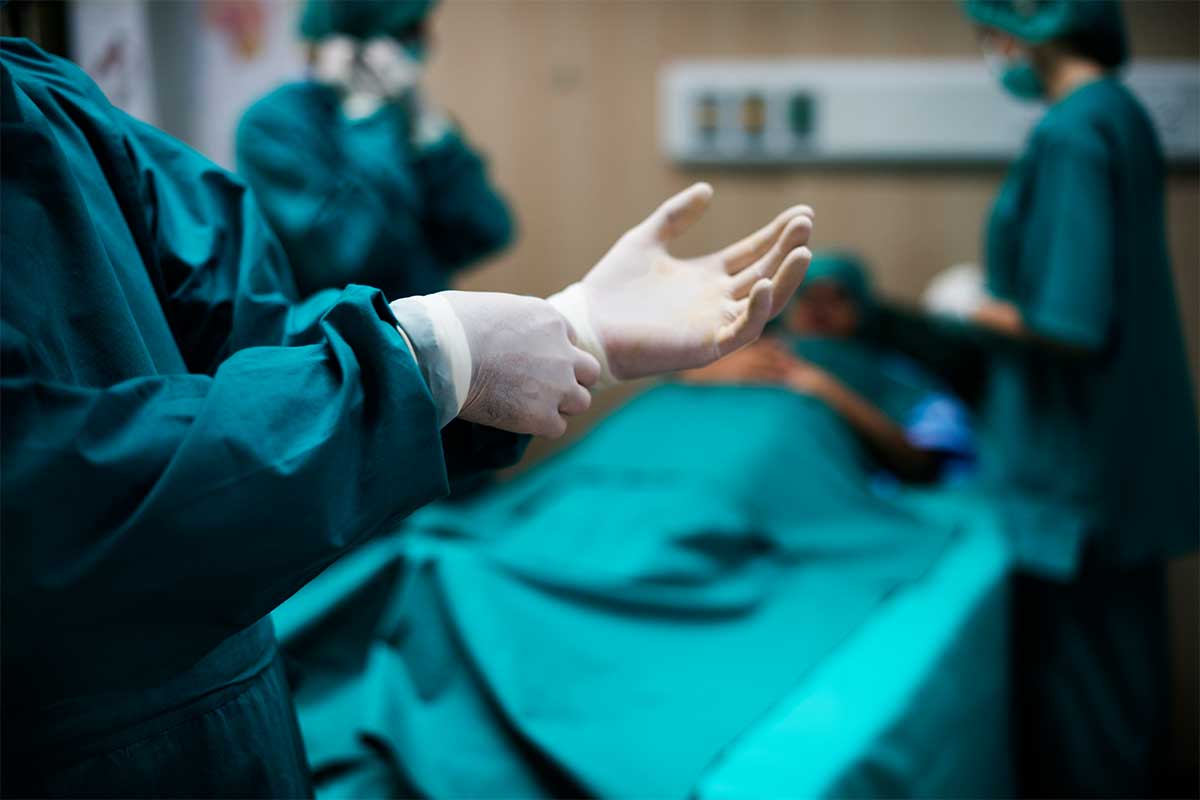
13
Apr
Is an endoscopy dangerous?

Is an endoscopy dangerous? Endoscopy is a medical procedure widely used to examine and diagnose conditions in the digestive tract and other internal areas of the body. Although a common and generally safe procedure, like any medical intervention, endoscopy is not without risk.
Although complications are rare, they can occur in some cases. Risks associated with endoscopy include infections, allergic reactions to medications, perforations in the organ being examined and bleeding. It is important to note that these risks are generally low and that the benefits of the procedure usually outweigh the potential risks. Before undergoing endoscopy, it is essential to discuss any concerns with your physician and make sure he or she is informed about your medical history and any medications you are taking.
Understanding the risks and benefits of the procedure
Attending an appointment with a gastroenterologist doesn’t necessarily mean having an endoscopy. Many people may feel scared to attend such an appointment because they believe that anyone who goes to the clinic must have an endoscopy. However, that’s not the case. Endoscopy is a tool used by gastroenterologists to confirm or rule out suspicions. It is usually performed on patients who are 40 years old or older, and should not be done before that age.
The purpose of an endoscopy is to look for polyps, early gastric cancer, or an ulcer. However, finding gastritis is not the main reason for performing an endoscopy. This is because the treatment for mild, severe, or chronic gastritis is the same, and an endoscopy won’t influence it.
Normally, endoscopies are done every five years, unless a biopsy has reported the presence of metaplasia or dysplasia, in which case monitoring should be more strict and done more frequently, around every 3 to 1 year, depending on the results.
However, some patients around 30 years old may undergo an endoscopy if they have presented symptoms such as vomiting blood, black stool, significant weight loss, and no improvement after consulting a general physician before. It’s essential to remember that endoscopy is a tool used to confirm or rule out a diagnosis.
Possible risks and complications associated with an endoscopy
An endoscopy is generally considered a safe procedure, but there are possible risks and complications associated with it. One of the most common complications is bleeding, which can occur if the endoscope causes damage to the lining of the digestive tract. The risk of bleeding is higher in patients taking blood-thinning medications or with certain medical conditions.
Another possible complication is perforation, which is when the endoscope creates a hole in the digestive tract. This can happen if the endoscope is forced through a narrow or tight area, or if there is a weakened area in the digestive tract. Perforation is a serious complication that can lead to infection and requires immediate medical attention.
Infection is also a possible risk associated with an endoscopy. The endoscope can introduce bacteria into the digestive tract, leading to infection. This risk can be minimized by following proper sterilization and cleaning procedures for the endoscope.
Finally, some patients may have an allergic reaction to the sedative or anesthesia used during the procedure. This can include symptoms such as rash, itching, or difficulty breathing. Patients should inform their doctor of any allergies or sensitivities they have before the procedure.
To minimize the risks associated with endoscopy, doctors can take steps such as carefully selecting patients for the procedure, using the appropriate size and type of endoscope, and following proper sterilization and cleaning procedures. Patients should also follow their doctor’s instructions before and after the procedure to minimize the risk of complications. Despite the possible risks, endoscopy remains an important tool for diagnosing and treating digestive tract conditions.
Tips to prepare for an endoscopy
Preparing for an endoscopy is an important part of ensuring a successful and safe procedure. One of the most important things patients can do is to follow the fasting instructions provided by their doctor. This typically involves not eating or drinking anything for several hours before the procedure to ensure that the digestive tract is empty.
In addition to fasting, patients should also avoid certain medications before the procedure. This may include blood-thinning medications, as well as some over-the-counter pain relievers and herbal supplements. Patients should consult with their doctor about which medications they should avoid before the procedure.
To prepare mentally for the procedure, patients can take several steps. It may be helpful to learn more about the procedure and what to expect, either through talking with their doctor or doing research online. Patients can also practice relaxation techniques, such as deep breathing or visualization, to help reduce anxiety before the procedure.
On the day of the procedure, patients should wear comfortable, loose-fitting clothing and arrange for transportation home after the procedure, as the sedative used during the procedure can impair driving ability. It is also important to have a friend or family member available to provide support and assistance after the procedure.
By following these tips and instructions, patients can help ensure a successful and safe endoscopy procedure. It is important to communicate with your doctor if you have any questions or concerns about the procedure or the preparation process.
In conclusion, preparing for an endoscopy and understanding the potential risks and complications is crucial for a successful and safe procedure. At Triborough GI, we offer top-notch endoscopy services performed by specialized gastroenterologists in New York. Our team is dedicated to providing the highest quality care and ensuring that patients are well-informed and comfortable throughout the entire process. Contact us to schedule your appointment and learn more about our endoscopy services.

